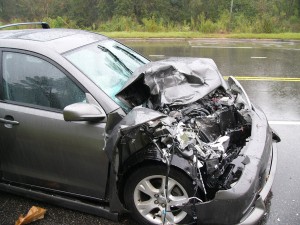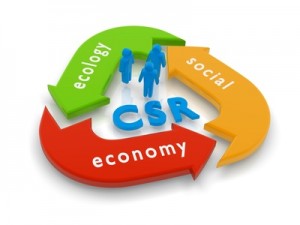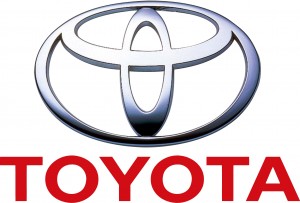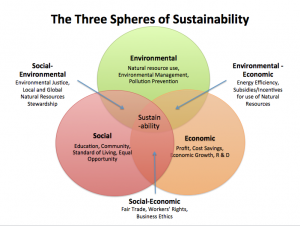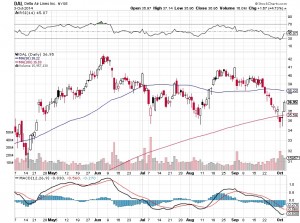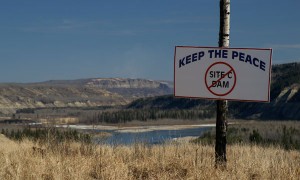A few days ago, I read an article named “Faulty Car Part Leads to Death” in Judy Wen’s blog, and I have some personal ideas about the topic of her post. The article basically describes the ignition problem of GM vehicles that causes injuries and death.
GM is not the only manufacturer to be recalled —
GM is not the only manufacturer which accidentally makes defective cars and experiences the recall of products. Over the past years, Toyota cars had a problem with acceleration; Chevrolet cars had a problem with their engines, and Takata produced faulty airbags.
My point of view —
Personally speaking, I think that the vehicle manufacturers should be more responsible to their consumers. According to a news article I read, some motor companies hide the defects of their products on purpose, in order to avoid recalls of their vehicles and lower manufacturing cost. I believe that this action is very irresponsible and immoral. Safety is the most important factor to be considered when making a car. Some manufacturers ignore the importance, and thus the consumers become victims.
The corporate social responsibility is crucial in the vehicle industry, and being responsible to consumers could avoid similar disasters happening in the future. The companies should benefit the consumers, and provide better service. They should at least produce safe cars that would not harm consumers. Also, regulators should be prudent. If regulators are indolent, the cars may have faults, and the sacrifice could be consumers’ lives.
Reference: Pictures from https://www.google.ca/imghp?hl=zh-CN&tab=wi




